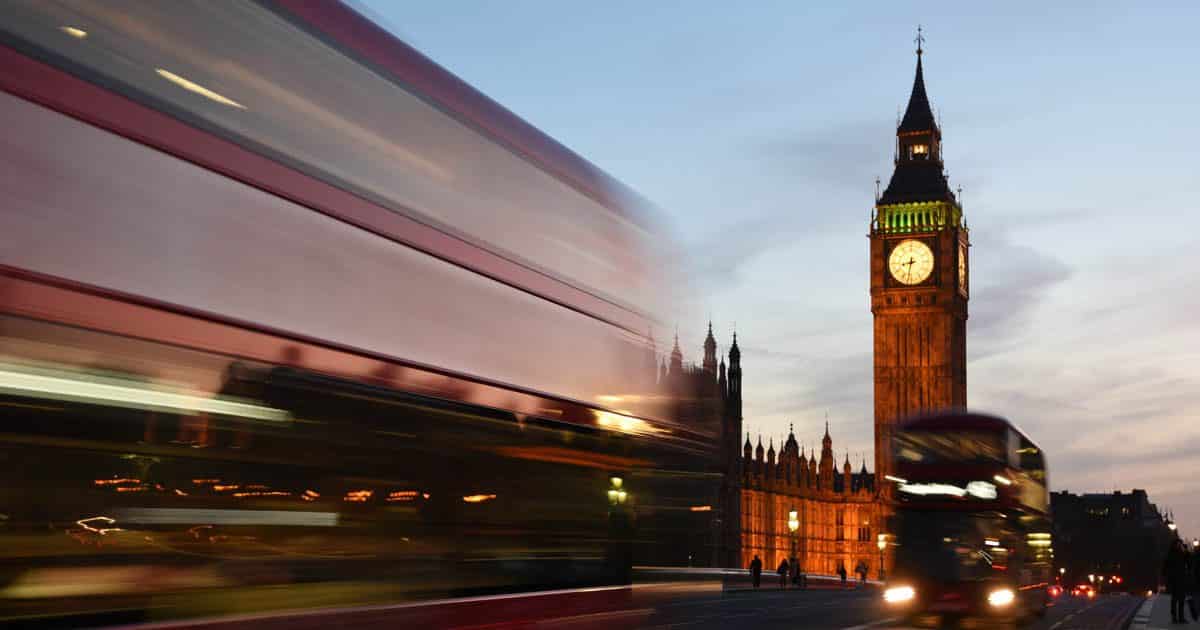
The parliament of United Kingdom made history today by voting to release beneficial ownership information on its overseas territories (OTs) publicly.
The amendment requires 14 OTs to disclose the information by 2020. However, the amendment does not apply to the Crown Dependencies, the Isle of Man, Guernsey and Jersey, because parliament does not have legal rights to impose on them.
The UK government came under pressure to disclose beneficial ownership registers of companies incorporated in the OTs after leaks, such as the Panama Papers, revealed half of the companies residing in OTs. At present, United Kingdom remains the only country to share such information publicly.
The OTs consists of countries that are infamous for being tax havens and having weak anti-money laundering / countering the financing of terrorism (AML/CFT) controls. Notable OTs include the Cayman Islands and the British Virgin Islands.
Member of Parliament, John McDonnell, said the government needed to show it was “serious about clamping down on tax avoidance and taking on the vested interests of the super-rich”.
Prior to this, UK was unsuccessful in their previous attempts to get OTs to impose legislation to make information on beneficial ownership publicly available as elites are known to have enormous influences and lobbying power in ensuring that the secrecy remains uninterrupted.
Beneficial Ownership Registers
Shell companies incorporated in countries that do not disclose beneficial ownership information publicly are a favourite to criminals. Identities are hidden behind a veil of secrecy, enabling illicit funds to move without the fear of detection and prosecution.
As part of the Financial Action Task Force (FATF) guidance on beneficial ownership and transparency, countries should collect information on a company’s legal person and ultimate beneficial owners. Having such information could significantly reduce the misuse of shell companies.
In other news, a report by the Transparency International noted that the majority of G20 counties have yet to fully implement the G20 Beneficial Ownership Principles even though a commitment to adopt the Principles happened 3 years ago.
Conservative MP Andrew Mitchell said,
It is only by openness and scrutiny, by allowing charities, NGOs and the media to join up the dots, that we can expose this dirty money and those people standing behind it. Closed registers do not begin to allow us to do that.
Resistance
The OTs have shown resistance and have expressed displeasure collectively, citing that such legislation would undermine the constitutional links between them and the UK.
Currently, OTs are collecting and sharing ownership data with UK investigators, but they refused calls to make the information public.
Impact
While this is a victory towards the fight against money laundering and terrorist financing, it raises the question of the illicit monies currently sitting in the OTs. Beneficial owners who would want to remain anonymous may consider moving funds to countries without a public ownership register.
Countries and financial institutions (FIs) should stay vigilant and monitor incoming funds the OTs. FIs should report to their local Financial Intelligence Unit if they detect any suspicious activity.

Leave a Reply